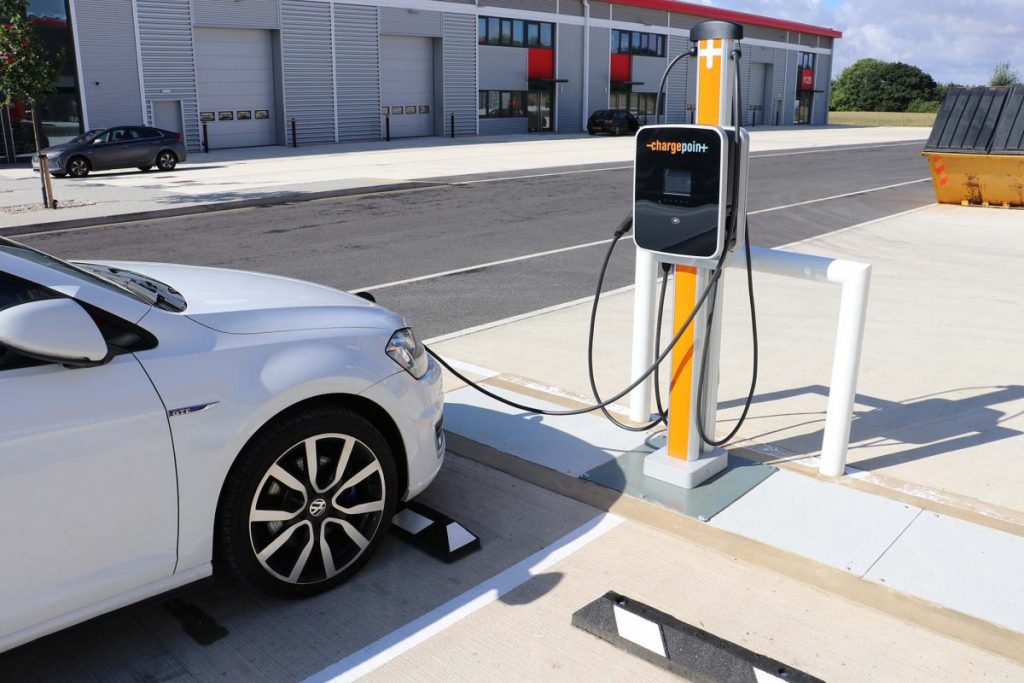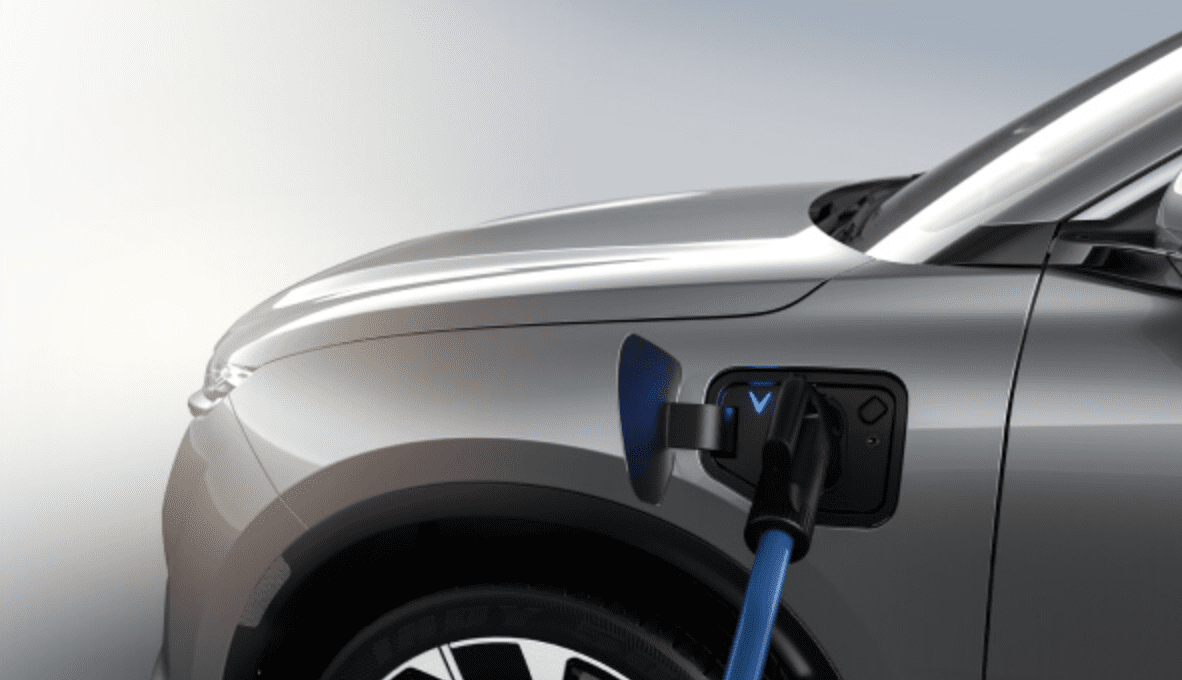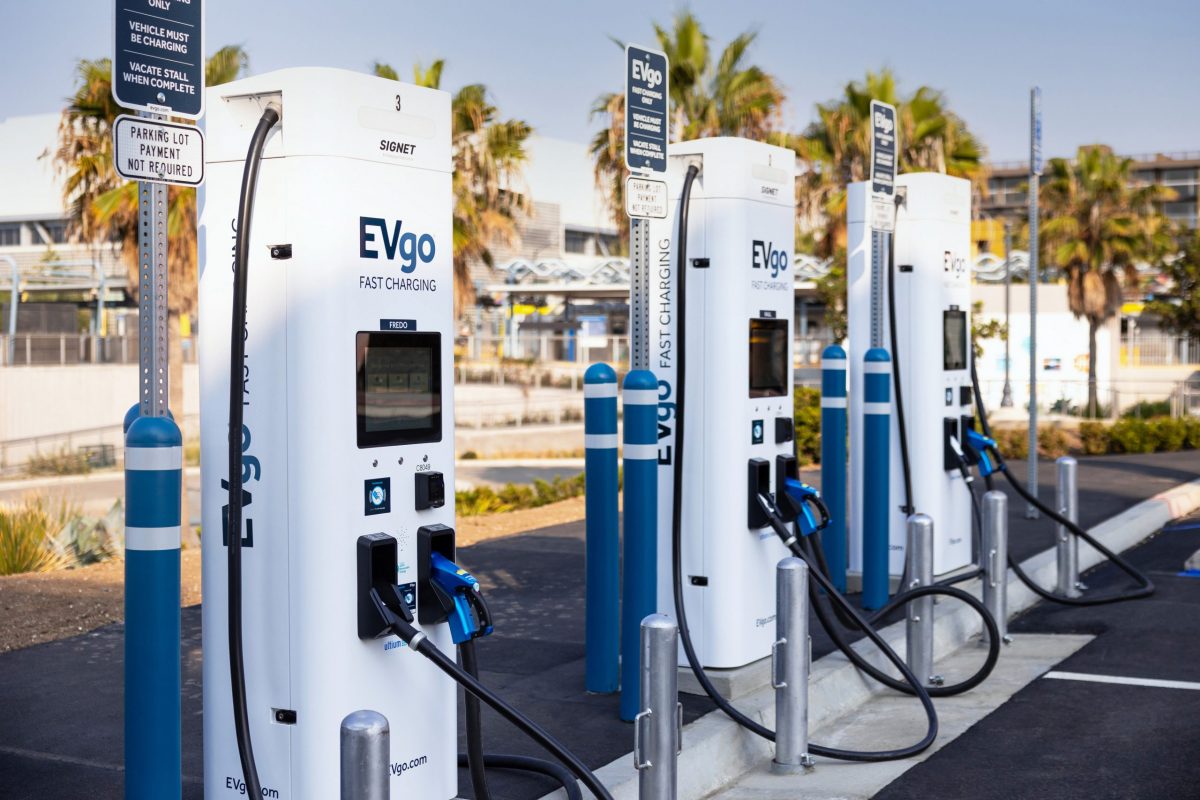In 2021, the UK Office for Zero Emission Vehicle’s (OZEV) launched a consultation on the consumer experience at public charge points (CPs). The Government’s response to the consultation has now been published.
Legislation to improve the consumer experience should be fully effective by the end of 2024. Government has committed to streamline payment methods, improve network reliability and open-up CP data. These measures represent tangible progress and come hot-on-the-heels of a pledge to increase public CP numbers ten-fold (to 300,000) by 2030.

At present, there is no universal method of payment across the public CP network. Some CPs are contactless, some require specific apps and others rely on the user having internet connection. This is set to change. Immediately effective from the date at which legislation is passed, all new CPs above 7.1kW will be required to have a non-proprietary payment system functioning independent of internet access. Existing CPs above 50kW will need to be retrofitted to this standard before the end of 2023.
By the end of 2024 all charge point operators (CPOs) will be required to align with an accredited roaming provider, thereby saving consumers from having to instal multiple operator-specific apps. It is unclear who these accredited providers will be, and how they will be regulated.
The pricing of public CPs has been criticised as opaque; a concern repeated in the consultation. CPOs not only express their prices differently, making it difficult for consumers to accurately compare cost efficiency, but also permit them to fluctuate during a single charge. Consumers are unaware what they are paying and whether the price is competitive. This situation should end in 2022. Government will mandate that all CPOs display their prices in p/kWh and that the price displayed at the start of charging is maintained throughout the process.
CP reliability is another area of difficulty. The functionality of motorway CPs is uncertain and the cause of fuel range anxiety. By the end of 2023 the Government will mandate 99% reliability across Britain’s rapid charging network and will require each CP to be connected to a 24/7 helpline. Reliability metrics are, however, still to be agreed with industry.
CPOs not only express their prices differently, making it difficult for consumers to accurately compare cost efficiency, but also permit them to fluctuate during a single charge
EV owners consulted expressed frustration at the difficulty of locating available and functioning CPs. Mindful of how this problem might discourage EV take-up, the Government will mandate that all CPOs adopt Open Charge Point Interface (OCPI) data standards within 12 months. Consumers will then be able to use static and dynamic information to inform their charging decision making. Currently, there is no platform available for sharing this information—despite Government aiming for operationality by the end of 2022. There are also concerns around how reporting can be enforced.
The Government response is significant and bodes well for the consumers using CPs. The measures proposed and announced should address issues where the EV driver experience falls below that of their petroleum equivalents. As so often, the devil will be in the detail.
The opinions expressed here are those of the author and do not necessarily reflect the positions of Automotive World Ltd.
Louise Dalton is a Partner in the Energy and Climate Change Team at law firm CMS
The Automotive World Comment column is open to automotive industry decision makers and influencers. If you would like to contribute a Comment article, please contact editorial@automotiveworld.com



